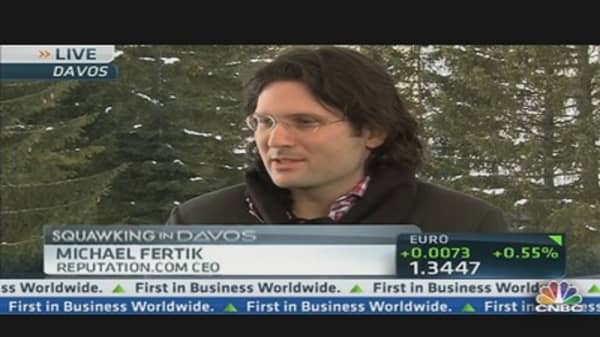On the internet, brand loyalty is very weak, he added.
"Nobody cares deeply about Gilt Groupe or deeply about One King's Lane or deeply about Rent the Runway," he said. "What they want is a product at a low price. And that's what the promise of these companies is — to give you the product at a low price."
(Read more: Despite Paycheck Bite, Gilt Groupe Chairman Sees 1% Still Spending)
This means that price-motivated consumers are going to scour the net for the vendor with the lowest prices and the aggregator of this information is the one who wins. If social commerce companies do not have exclusive inventory, they typically only end up with around 18 months of margin retention until margin collapse occurs."
"And that's why any, I think, fundamentally market-making company like a Gilt, like a One King's Lane or like a Airbnb or a VRBO, unless they can get exclusive inventory — meaning only you can get it there — I think they're going to have margin compression over time," he said.
Despite Fertik's concern about some tech sites, he sees opportunity for hard technology that is difficult to replicate.
"I think there are some other great companies that are doing things around lenses and optics and other kinds of analytics at massive scale, huge data sets that are being analyzed," he said.
Amazon and its CEO, Jeff Bezos, also drew praise from Fertik.
"Besos is amazing and I think one of the things that he's doing to maintain a competitive edge is he's putting an enormous warehouse with all the stuff that you want to buy next to your house so that he can deliver it to you in 40 minutes and that's going to be an enormous non-commodity differeniator," he said.
— Written by CNBC's Katie Little. Follow her on Twitter @katie_little_





